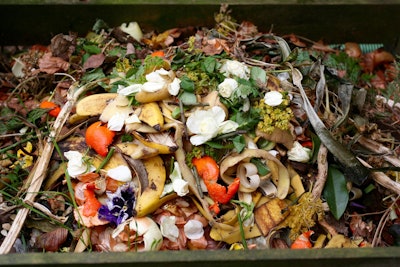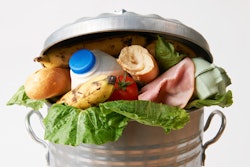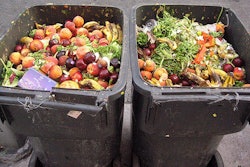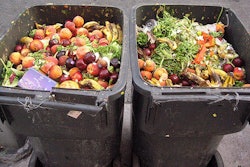
One of the primary goals of Food Logistics is to connect the dots for our audience. We craft our editorial content to look beyond the “how” of managing the global food supply chain to encompass the “why” we do what we do, while simultaneously examining and exploring the larger impacts of our industry, both positive and negative.
In December, I attended Carrier’s third World Cold Chain Summit in Singapore. Although most of us involved in the global food supply chain are aware of the massive food waste that occurs in developed and emerging economies alike, there is so much more at stake.
Consider that one in nine people worldwide do not have enough to eat each day. Moreover, 2 billion people suffer from hidden hunger, caused by micronutrient deficiencies.
Food waste is a significant contributor to greenhouse gas emissions (8 percent globally), which plays a perverse role in the global food supply chain. Specifically, oceans cover 71 percent of the planet, but only 2 percent of food comes from the ocean. Rising greenhouse gas emissions are being absorbed by the ocean, causing acidity levels to grow by 26 percent over the last 200 years. It’s killing plankton, the food source for smaller fish, which in turn, feed bigger fish—the ones that humans typically eat.
We only have access to a tiny fraction of the world’s freshwater supplies and we use about 70 percent of that to grow our food. Wasted food, therefore, becomes wasted water, too.
What actions can our industry take? There are many; and most are fairly easy and low-cost.
For instance, precooling fruits and vegetables before loading them into a reefer trailer or container is important, yet often overlooked. Using the proper refrigerated equipment, loading containers and trailers correctly, and training all staff that are responsible for the cold chain is critical. At the retail grocery level, proper handling of perishable food is imperative from a regulatory compliance and food safety aspect, while a willingness to evaluate how food is displayed and marketed also goes a long way to reducing waste.
Food loss and food waste are not just an economic concern, but environmental and social. Our industry is in position to alter what has become a serious problem. Let’s commit to taking those steps in 2017.
Enjoy the read.




















